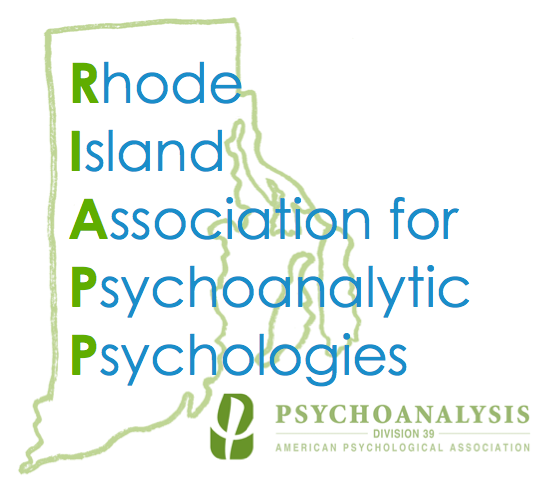This event will be held virtually via Zoom.
Members: Annual board updates will be presented at 7pm so please join early.
*Registration will open Wednesday, April 16, 2025*
This workshop will introduce participants to key concepts related to memory, the creation of associations and the development of “attachment templates” particularly during the earliest months / years in infant development. We will be looking at the role of core regulatory networks and the stress response in relation to early experiences with caregivers. There will be a particular focus on the “Triune Relationship” between Regulation, Reward and Relationship and the interweaving of key neural networks involved with each of these phenomena. The Neurosequential Model of Therapeutics (NMT©) - developed by Dr. Bruce Perry is a neurobiologically informed, developmentally sensitive approach to clinical problem solving that helps us to better understand the impact of trauma in the development of early infant and child relational templates. In addition to discussing the development of these templates we will discuss implications for treatment of “relationally sensitized” clients with specific strategies for engagement and intervention. Particular attention will be payed to “operationalizing the concepts” in practice and the relevance of early intervention. Descriptions of core concepts in practice will be grounded in case examples and pragmatic approaches to treatment.
At the conclusion of this program, participants will be able to:
Identify and describe the key components of the “Triune Relationship” in neurodevelopment and attachment
Define and describe the role of the Intimacy Barrier in the treatment of relationally sensitized youth and adults
Practice application through discussion of concrete neurodevelopmentally informed treatment intervention strategies
Stephen Bradley received his M.Ed. in counseling from Umass Amherst in 1992 and his M.S.W. from Smith College in 2002. He worked for 20 years in nonprofit agencies including supervising and directing intensive home based and residential programs in MA and CT. He has been on the adjunct faculty at Smith College School for Social Work since 2010 where he currently teaches an Intro to NMT© course. He’s been in full time private practice since 2014 where he specializes in using NMT© with youth and families struggling with the effects of developmental trauma. He is certified as an NMT© Mentor through the Neurosequential Network and currently facilitates study groups for Phase I and II trainees in the model. He has a lifelong commitment to weaving social justice and anti-oppression frameworks into all areas of his work. He and his partner live with their blended family in Western MA.
Brandt, K. (2014). Core concepts in infant-family and early childhood mental health. In K. Brandt, B. D. Perry, S. Seligman, & E. Tronick (Eds.), Infant and early childhood mental health: Core concepts and clinical practice (pp. 1–20). American Psychiatric Publishing, Inc..
Hambrick, E. P., Brawner, T. W., Perry, B. D., Wang, E. Y., Griffin, G., DeMarco, T., Capparelli, C., Grove, T., Maikoetter, M., O'Malley, D., Paxton, D., Freedle, L., Friedman, J., Mackenzie, J., Perry, K. M., Cudney, P., Hartman, J., Kuh, E., Morris, J., . . . Strother, M. (2018). Restraint and critical incident reduction following introduction of the Neurosequential Model of Therapeutics (NMT). Residential Treatment for Children & Youth, 35(1), 2–23. https://doi.org/10.1080/0886571X.2018.1425651
McCormick, A., Scheyd, K., & Terrazas, S. (2018). Trauma-informed care and LGBTQ youth: Considerations for advancing practice with youth with trauma experiences. Families in Society, 99(2), 160–169. https://doi.org/10.1177/1044389418768550
Perry, B. D. (2019). The Neurosequential Model: A developmentally-sensitive, neuroscience-informed approach to clinical problem solving. In J. Mitchell, J. Tucci, & E. Tronick (Eds.), The handbook of therapeutic child care: Evidence-informed approaches to working with traumatized children in foster, relative and adoptive care. Jessica Kingsley.
Perry, B. D., Hambrick, E., & Perry, R. D. (2016). A neurodevelopmental perspective and clinical challenges. In R. Fong & R. McRoy. (Eds.). Transracial and intercountry adoptions: Cultural guidance for professionals. Columbia University Press.

